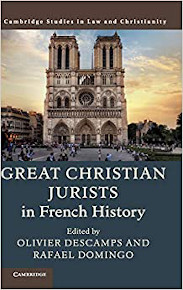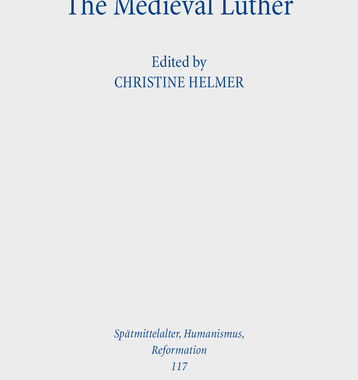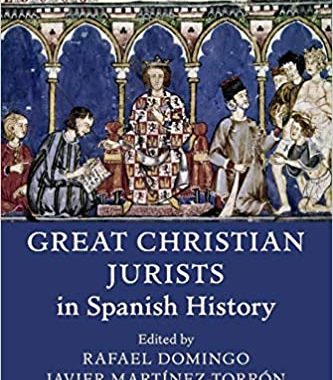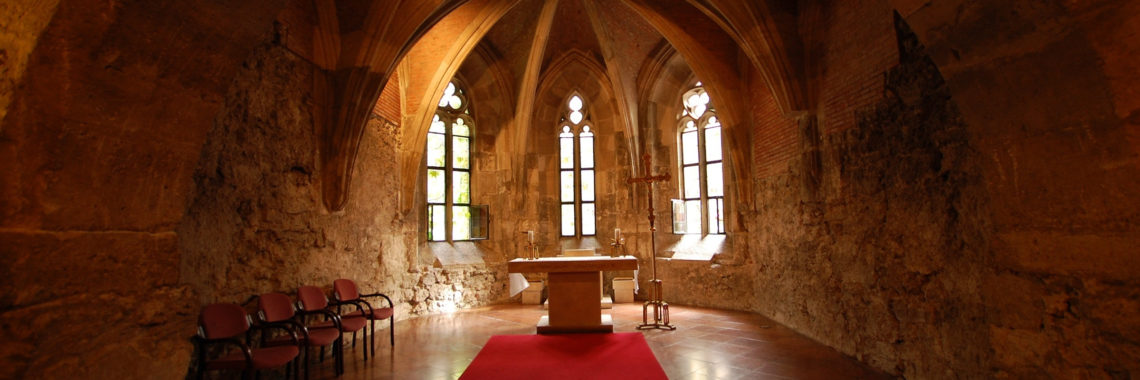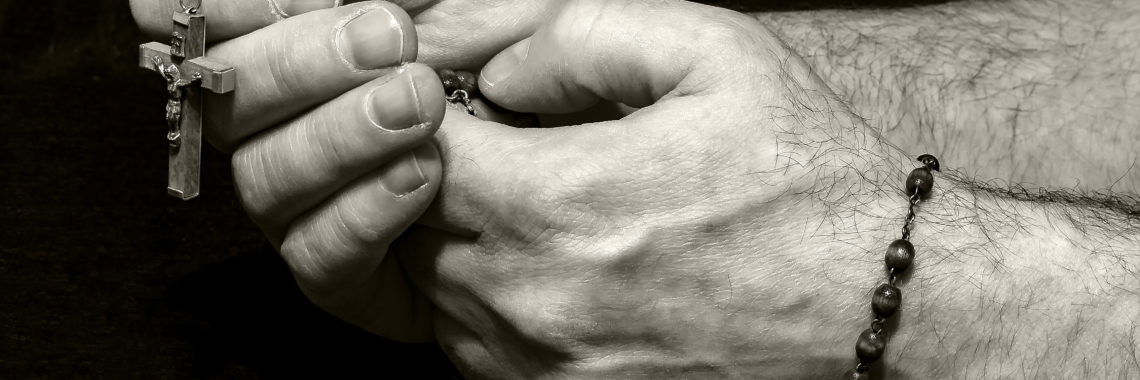“Great Christian Jurists in French History” by Olivier Descamps and Rafael Domingo
Great Christian Jurists in French History edited by Olivier Descamps and Rafael Domingo This volume is part of a fifty-volume series on “Great Christian Jurists in World History, “presenting the interaction of law and Christianity through the biographies of 1000 legal figures of the past two millennia. Commissioned by the Center for the Study of…


